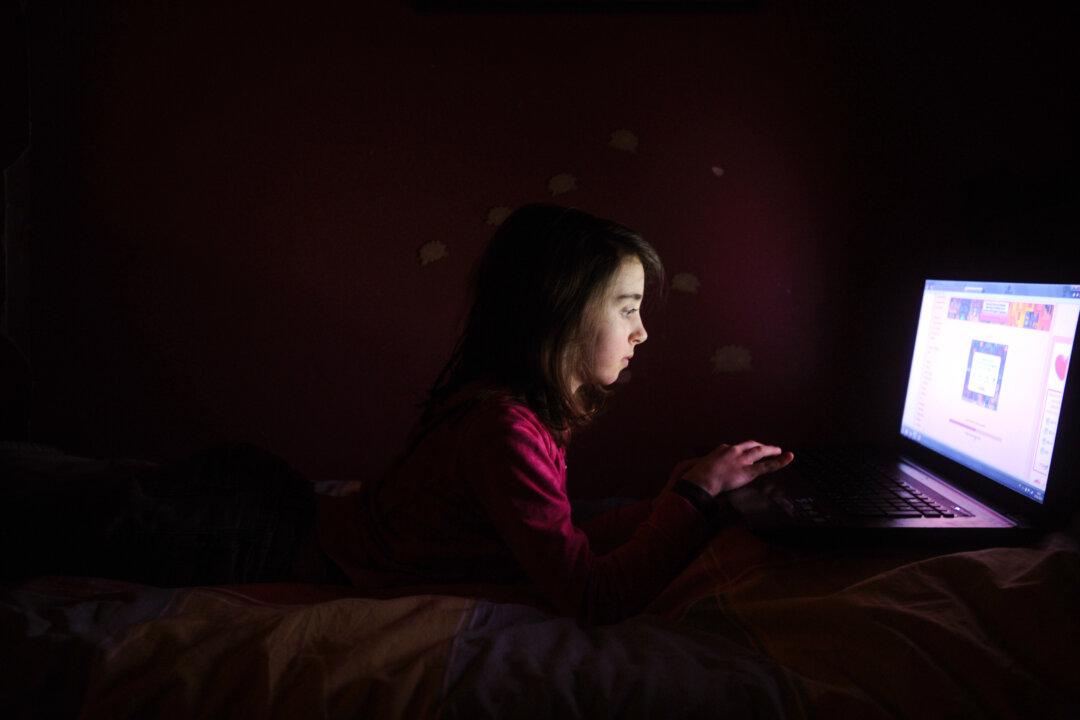Released on the Fourth of July, “The Sound of Freedom” shattered all expectations at the box office. In just over two weeks, this story of human trafficking drew nearly 2 million viewers into theaters around the nation and earned more than $100 million.
On July 24, Debra Kraulidis of Moms for America, Donna Rice Hughes of Enough Is Enough, and one of her associates, Bill Woolf, came together for an online webinar aimed specifically at parents to discuss child sex trafficking in the United States. All three co-hosts praised “The Sound of Freedom” for “putting a face on the problem” of sex trafficking and for shining a spotlight on this lucrative degenerate vice. As Woolf pointed out, the criminal operators of sex and labor slavery annually rake in $1.5 billion worldwide, including $9.8 billion in the United States alone.






